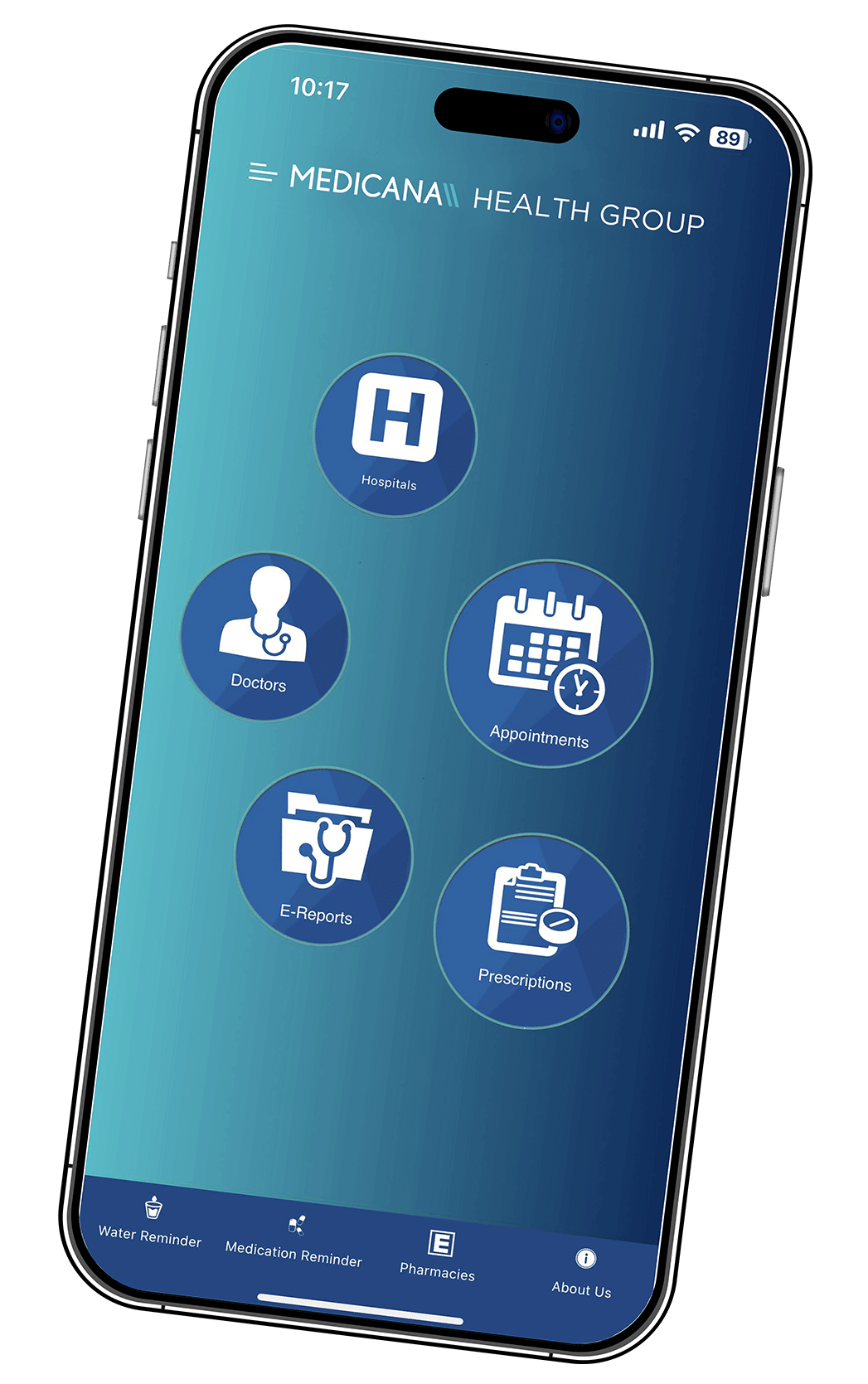Thyroid Removal Surgery

Overview
The thyroid gland is a small organ with a bridge-like structure called the isthmus, which connects two lobes at the anterior neck's base.
The thyroid gland produces hormones that regulate your body's metabolism. The elevation of thyroid hormones (hyperthyroidism) is manifested by high heart rate, excessive sweating, heat intolerance, muscle weakness, overactive bowel, and accelerated metabolism, such as tremors.
Hypothyroidism, characterized by low thyroid hormones, is, as can be expected, characterized by a slowed-down metabolism. While the thyroid gland regulates the body's metabolism, the pituitary gland in our brain produces and secretes hormones that regulate the amount of hormones secreted by the thyroid gland.
Thyroidectomy implies the surgical removal of the thyroid gland for the treatment of elevated thyroid hormones (hyperthyroidism), thyroid nodules, thyroid cancer, and goiter – a noncancerous enlargement of the thyroid gland.
As a result of your surgeon's evaluation, your thyroid gland can be largely removed. Still, a small part of the gland left in the body (subtotal thyroidectomy) or partial thyroidectomy may be performed, or the entire thyroid gland can be removed (total thyroidectomy). When the whole thyroid gland is removed (total thyroidectomy), you will need to use thyroid hormone pills for the rest of your life.
Why is this procedure done?
Thyroidectomy may be indicated for several reasons. Suppose your thyroid gland is overactive, and the thyroid hormones elevate (hyperthyroidism). In that case, the thyroid gland can be totally or partially removed to control the hormone secreted by the gland. For cases of hyperthyroidism, you should also know that there are medical treatments that can be tried before thyroidectomy becomes an option.
Goitre is a disease that refers to the noncancerous enlargement of the thyroid gland. It is manifested by various symptoms, such as difficulty swallowing, shortness of breath, weight gain, pulse (tachycardia), and numbness in hands. The thyroid gland is surgically removed to relieve those symptoms. In conclusion, if thyroid nodules – some nodules pose a risk of thyroid cancer- and thyroid cancer are identified, the thyroid gland is removed.
Risks
Removal of the thyroid gland generally has a very low risk of complications.
Potential risks are listed below;
• Bleeding
• Infection
• Permanent hoarseness
• Injury of parathyroid gland (causing the calcium levels to fall and the phosphor levels to rise in blood)
• Anesthesia-related complications
Although all possible measures that modern medicine allows are taken to prevent occurrence of risks, it is no means possible to warrant that the risks will be completely eliminated.
• Your surgeon will explain in detail whether those risks apply to you or if so, the rate of occurrence.
Preparation
The first phase of preoperative preparation is the same in all Medicana Hospitals. After you decide to have a thyroidectomy, the following examinations are performed to determine if you can undergo this surgery:
• Review of health history
• A detailed physical examination
• Necessary laboratory tests and radiology studies to evaluate surgical risks
• Assessment by anesthesiologist and other laboratory tests and radiology studies to minimize anesthesia-related complications
After it is verified that the surgery does not pose a risk, you will be asked to quit smoking if you are a smoker and to stop taking certain medications that increase the risk of bleeding. All other prescribed and over-the-counter medications, herbal products, and supplements will also be questioned, and you will be informed to continue or stop taking them.
You will also be instructed to stop eating and drinking at a particular time before the surgery, and you should strictly follow this instruction to undergo the surgery at the scheduled date.
Moreover, it is reasonable to plan discharge, post-discharge accommodation, and travel at this phase to manage the postoperative period better.
Surgery and early postoperative period
Thyroidectomy is a procedure that is carried out under general analgesia. In the light of preoperative evaluations, your surgeon determines the amount of thyroid gland to be removed. In a total thyroidectomy, the thyroid gland is completely removed. In subtotal thyroidectomy, the thyroid gland is largely removed, but a small part of the gland is left untouched. In thyroid lobectomy, only one lobe of the thyroid gland and the isthmus are removed because the nodules are usually present only in one lobe. Finally, in the partial thyroidectomy, a part of the thyroid gland is surgically removed. Your surgeon reviews all of these options in light of the preoperative examinations and makes a decision.
After you are taken to the operating room and medicines are administered through a vein to calm you down, a tube will be inserted into your throat. After you inhale anesthetic gases and oxygen, you will fall into a deep sleep, and next, surgery is started.
For thyroidectomy, conventional surgery is mainly preferred. Recently, endoscopic surgery has also become an option.
Your surgeon makes an incision on the neck base to expose the thyroid gland. The surgery is completed after the preoperative planning performs total, subtotal, or partial thyroidectomy. You will be closely observed until anesthesia wears off, and then you will be transferred to your room. After your thyroidectomy surgery, your surgeon will most likely want you to stay at the hospital for one night. You will be discharged the next day after it is verified that your overall health is stable.
After you recover from anesthesia and are ready to walk, you will be mobilized by or under the supervision of our healthcare professionals.
The most common complaints after thyroidectomy surgery are pain and hoarseness. You may also feel your throat irritated.
You will be given painkiller (s) after the surgery to manage the postoperative pain.
Hoarseness is a temporary symptom in most cases. Your voice will get the normal tone within several days after the surgery.
The scar tissue that forms along the incision line will fade over time, but its color will never be identical to your skin tone. What you must do to protect your surgical area will be explained in detail. You will be informed in detail about wound care.
No special postoperative diet is usually required. Although avoiding strenuous physical activities for several weeks is recommended, you may resume a routine life not later than two weeks with no extra suggestions or restrictions.
You should see your surgeon for scheduled follow-up visits before you are discharged. If you experience warmth and redness in your incision line or have a fever or any symptoms that you think are due to surgery after you are discharged, contact your surgeon immediately.
Results
The results of thyroidectomy surgery depend on the amount of the gland removed.
Suppose some of your thyroid glands are removed. In that case, your surgeon will determine the level of your thyroid hormones after surgery and select and start if you need hormone replacement and other treatments that may be useful.
If your entire thyroid gland has been removed, you will undoubtedly need to use thyroid hormone medications. If you do not take those medications as instructed, it is inevitable to experience the symptoms of hypothyroidism described in the overview.




















